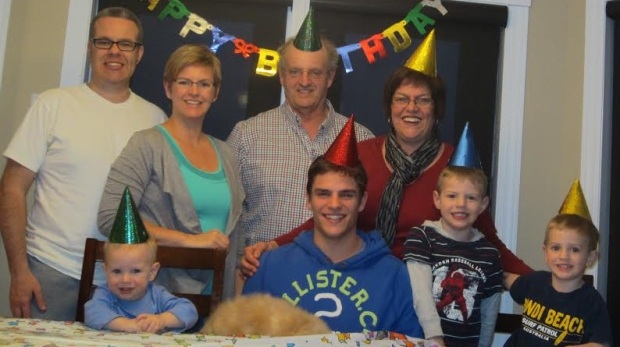"Murderers can at least be questioned, but a suicide is a murder in which the killer is also the victim: in which the reason, the motive, dies with the act." Jeremy Gavron, son of Hannah Gavron, who died by suicide in 1965 at age 29 (The Guardian, U.K. -- also see A Woman on the Edge of Time)
"Connor, Will [Trautwein], Robin Williams -- they died of an illness, just as people die of cancer and heart disease ... It is common. It is treatable. It is curable. And it is ok. The stigma needs to go away. People need to talk about it." Erin Ball, mother of Connor, who died by suicide in 2011 when was 14 (WMUR, Manchester, N.H.)
"Suicide grief is so complicated. It's a very physical pain. It affects every cell in your body." Grace Young, mother of Jack Young Jr., who died by suicide in 2007 at age 27. (Hartford Courant, Conn.)

 RSS Feed
RSS Feed